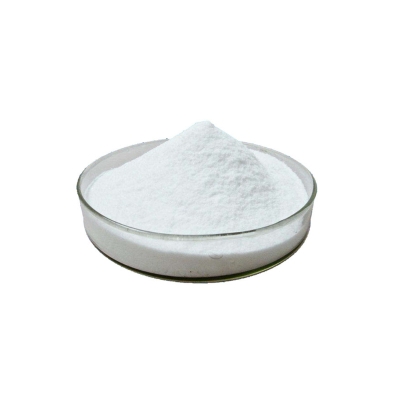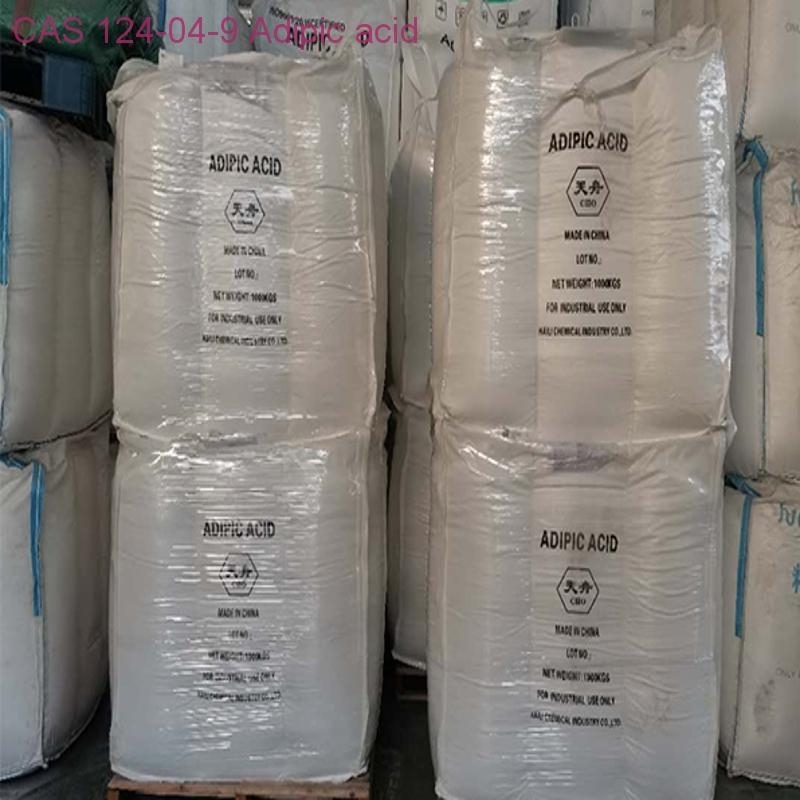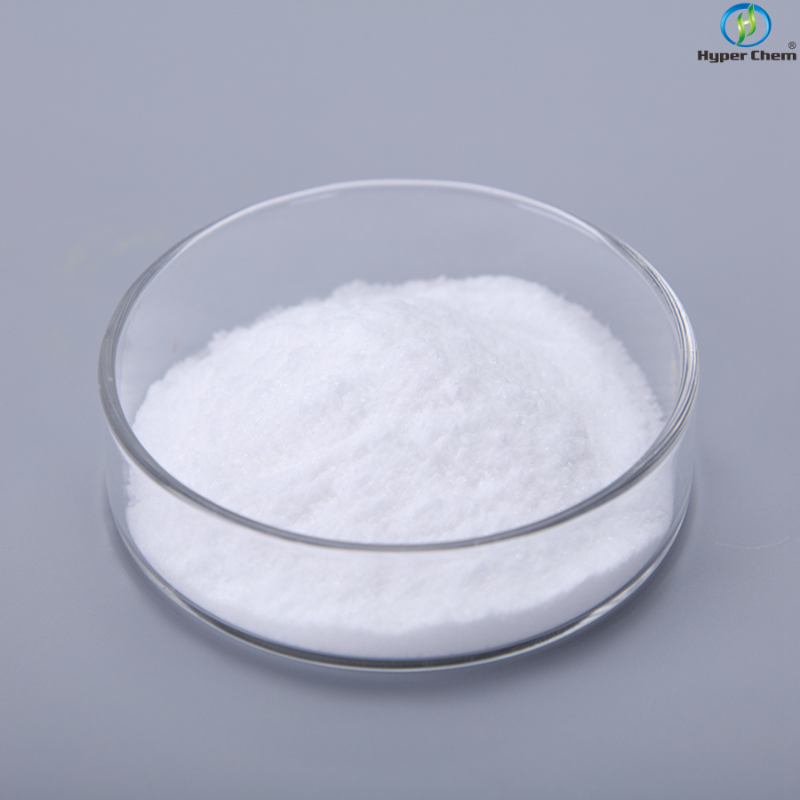-
Categories
-
Pharmaceutical Intermediates
-
Active Pharmaceutical Ingredients
-
Food Additives
- Industrial Coatings
- Agrochemicals
- Dyes and Pigments
- Surfactant
- Flavors and Fragrances
- Chemical Reagents
- Catalyst and Auxiliary
- Natural Products
- Inorganic Chemistry
-
Organic Chemistry
-
Biochemical Engineering
- Analytical Chemistry
-
Cosmetic Ingredient
- Water Treatment Chemical
-
Pharmaceutical Intermediates
Promotion
ECHEMI Mall
Wholesale
Weekly Price
Exhibition
News
-
Trade Service
Cereals are an important dietary component and an economical and important source of energy for the human body
.
According to the degree of processing, grains can be divided into refined grains and whole grains.
Whole grains are characterized by retaining the endosperm, germ and bran of the grain, and the relative proportion is the same as that of whole grains
.
It can be whole grain grains or simply processed products such as milling, crushing, and tableting
.
Compared with refined grains, whole grains can provide more B vitamins, vitamin E, minerals and phytochemicals, as well as rich dietary fiber
.
.
According to the degree of processing, grains can be divided into refined grains and whole grains.
Whole grains are characterized by retaining the endosperm, germ and bran of the grain, and the relative proportion is the same as that of whole grains
.
It can be whole grain grains or simply processed products such as milling, crushing, and tableting
.
Compared with refined grains, whole grains can provide more B vitamins, vitamin E, minerals and phytochemicals, as well as rich dietary fiber
.
The "Dietary Guidelines for Chinese Residents" recommends that the daily diet should be based on grains, including 50-150 grams of whole grains and miscellaneous beans
.
However, more than 80% of adults in China have a serious shortage of whole grain intake, with men only 13.
9 g/day and women only 14.
6 g/day
.
Consuming a large amount of refined grains is not only bad for health, but also causes great food loss and waste
.
.
However, more than 80% of adults in China have a serious shortage of whole grain intake, with men only 13.
9 g/day and women only 14.
6 g/day
.
Consuming a large amount of refined grains is not only bad for health, but also causes great food loss and waste
.
Recently, Kexin Food and Health Information Exchange Center launched a special survey, revealing the status of Chinese consumers' perception of whole grains
.
The survey obtained a total of 5259 valid questionnaires, mainly adults aged 20-39
.
.
The survey obtained a total of 5259 valid questionnaires, mainly adults aged 20-39
.
1.
There are many misunderstandings about whole grains, and three-quarters of consumers do not know what whole grains are
.
There are many misunderstandings about whole grains, and three-quarters of consumers do not know what whole grains are
.
Although most consumers believe that whole grains are more nutritious and healthier than refined grains, only 24.
6% of consumers can clearly say what whole grains are
.
At the same time, 95% of consumers do not fully understand the nutritional value of whole grains, and less than 15% of consumers know how much whole grains to eat every day
.
6% of consumers can clearly say what whole grains are
.
At the same time, 95% of consumers do not fully understand the nutritional value of whole grains, and less than 15% of consumers know how much whole grains to eat every day
.
In this regard, Ding Gangqiang, director of the Institute of Nutrition and Health of the Chinese Center for Disease Control and Prevention, suggested that in the future, it is necessary to strengthen the scientific communication related to whole grains, such as how to distinguish between whole grains and whole grain foods
.
.
2.
Less than 10% of consumers consume whole grains every day
.
Less than 10% of consumers consume whole grains every day
.
In the consumption of whole grains, consumers have not achieved the “oneness of knowledge and action”
.
Data shows that 78% of consumers believe that they know something about whole grains and believe that healthy adults should also eat whole grains every day
.
But less than 10% (9.
15%) of consumers can eat whole grains every day, and only 5.
84% can eat the amount recommended by the dietary guidelines
.
.
Data shows that 78% of consumers believe that they know something about whole grains and believe that healthy adults should also eat whole grains every day
.
But less than 10% (9.
15%) of consumers can eat whole grains every day, and only 5.
84% can eat the amount recommended by the dietary guidelines
.
Wang Jing, chief scientist of the Institute of Food and Nutrition Development of the Ministry of Agriculture and Rural Affairs, believes that Chinese consumers' habit of eating whole grains still needs to be cultivated, and consumers should be encouraged to increase their intake of whole grains through various channels and forms
.
.
3.
Instant breakfast cereals and whole wheat bread are the first choices of consumers
.
Instant breakfast cereals and whole wheat bread are the first choices of consumers
.
Currently marketed whole-grain foods mainly include breakfast cereals, whole-grain breads and other forms, and their consumer awareness has reached 70% and 83% respectively
.
In terms of eating habits, 78% of consumers eat whole grains for breakfast
.
.
In terms of eating habits, 78% of consumers eat whole grains for breakfast
.
However, because consumers have a vague understanding of whole grains, and there is no unified international definition of whole grains, some products may have problems such as misleading publicity, and the "whole grains" purchased by some consumers may actually be mainly refined grains
.
.
Researcher Guo Boli from the Agricultural Products Processing Institute of the Chinese Academy of Agricultural Sciences believes that whole-grain foods should be further regulated from the perspective of regulations and standards to promote the healthy development of the market and at the same time facilitate consumers to choose suitable whole-grain foods
.
.
4.
The four major health benefits of whole grains are the most recognized
.
The four major health benefits of whole grains are the most recognized
.
The survey shows that almost all consumers believe that whole grains have health benefits.
Among them, the most recognized by consumers include improving constipation, helping to lose weight, reducing the risk of diabetes and reducing the risk of heart disease
.
Among them, the most recognized by consumers include improving constipation, helping to lose weight, reducing the risk of diabetes and reducing the risk of heart disease
.
Tan Bin, chief researcher of the Academy of Sciences of the National Grain and Material Reserves, believes that at present, the obesity rate and the incidence of nutrition-related chronic diseases in China are increasing year by year.
It is necessary to gradually encourage consumers to eat whole grain foods and make whole grain consumption a kind of A healthy life>
.
It is necessary to gradually encourage consumers to eat whole grain foods and make whole grain consumption a kind of A healthy life>
.
5.
Difficulty in selection, poor taste and inconvenience in cooking are the biggest constraints affecting consumers' purchase of whole grains
.
Difficulty in selection, poor taste and inconvenience in cooking are the biggest constraints affecting consumers' purchase of whole grains
.
High nutritional value and good health are the main factors that encourage consumers to buy whole grain products
.
But the survey found that a considerable number of consumers do not know how to choose whole grains
.
73% of consumers judge whether it is a whole-grain food only by whether there are words or icons such as "whole grain", "whole wheat", and "dietary fiber" on the food packaging, which is easy to be misled
.
.
But the survey found that a considerable number of consumers do not know how to choose whole grains
.
73% of consumers judge whether it is a whole-grain food only by whether there are words or icons such as "whole grain", "whole wheat", and "dietary fiber" on the food packaging, which is easy to be misled
.
Chen Junshi, an academician of the Chinese Academy of Engineering, pointed out that the common people are looking forward to the health benefits of whole grains, but what is a whole grain and how to choose whole grains is a major concern for them, so a more clear labeling and identification is currently a key consideration
.
.
In addition, the poor taste and troublesome cooking of whole grains are the main reasons that hinder consumers from buying whole grains
.
Professor Shen Qun from the School of Food Science and Nutritional Engineering of China Agricultural University suggested that the R&D and innovation of whole grains and whole grain foods should be strengthened, and the whole grain foods that meet the characteristics and habits of China’s grain consumption should be developed to help the common people eat rich varieties and forms.
Whole grain food
.
.
Professor Shen Qun from the School of Food Science and Nutritional Engineering of China Agricultural University suggested that the R&D and innovation of whole grains and whole grain foods should be strengthened, and the whole grain foods that meet the characteristics and habits of China’s grain consumption should be developed to help the common people eat rich varieties and forms.
Whole grain food
.
6.
The public is concerned about misleading propaganda
.
The public is concerned about misleading propaganda
.
There are many kinds of whole grain foods on the market, but the public has a certain degree of "difficulty in choosing" when buying them
.
Consumers want more choices of whole grains, and they also look forward to learning more about the science of whole grains
.
In addition, 65% of consumers expect that the promotion of whole grains can be based on scientific evidence, not to exaggerate the efficacy
.
.
Consumers want more choices of whole grains, and they also look forward to learning more about the science of whole grains
.
In addition, 65% of consumers expect that the promotion of whole grains can be based on scientific evidence, not to exaggerate the efficacy
.
In this regard, Zhong Kai, director of the Kexin Food and Health Information Exchange Center, believes: “From the perspective of health and food conservation, encouraging consumers to eat more whole grains and whole grain foods is the future development direction, but it is necessary to truly let consumers and the industry A win-win situation must be based on science to standardize the development of the industry and guide consumers' choices
.
"
.
"
It is reported that, in response to the results of this survey, the center will also work with relevant professional institutions to make further scientific interpretations in the near future to provide consumers with more reference consumption guidance
.
.







